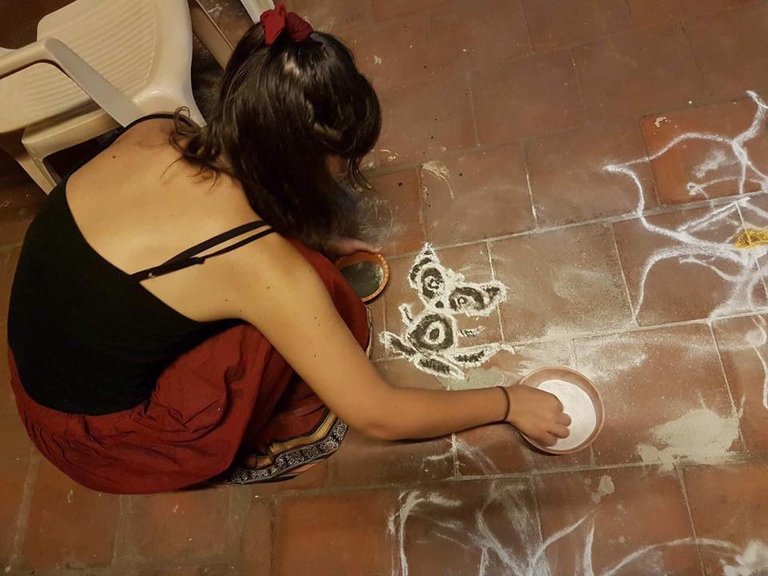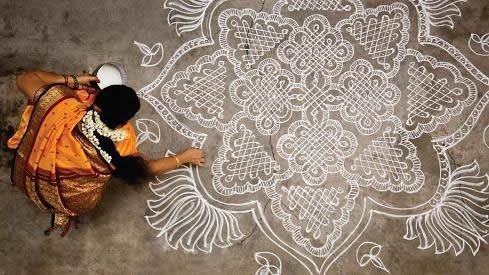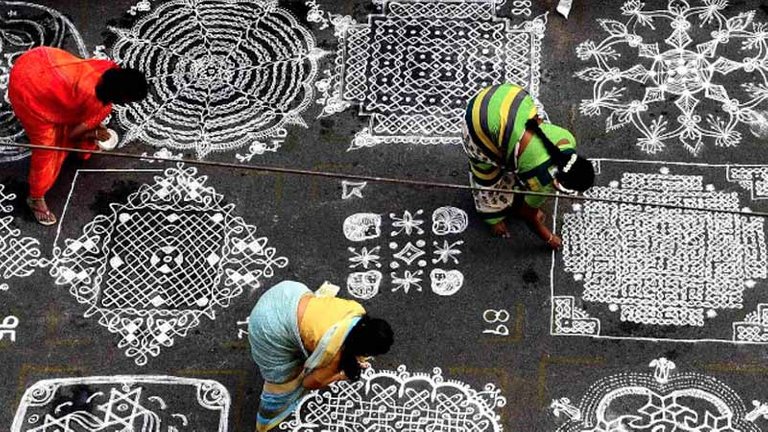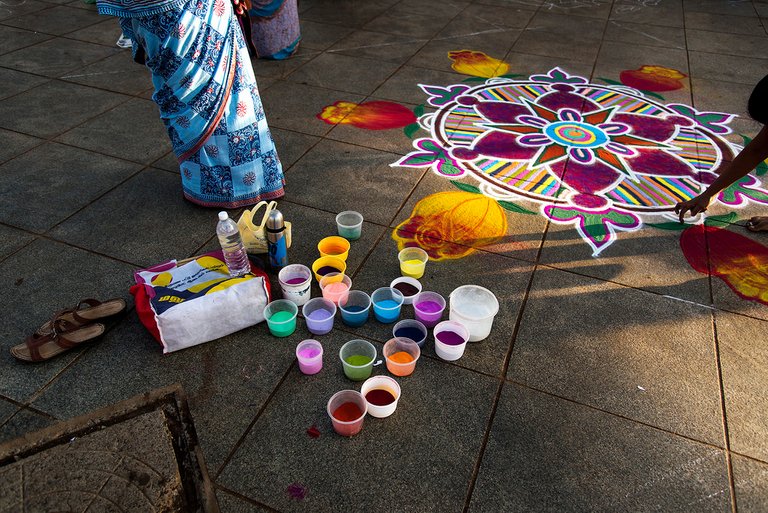Vanakkam!
After reading a post about India earlier this morning, I was inspired to do a similar post, and I was able to dig up a few things from last year when I was studying in Pondicherry (Tamil Nadu), India. Hence, the tamil greeting 'vanakkam', not 'namaste' which is one of the more popular greetings associated with India. I was under the impression that there was not a single sentence that was able to describe that country, let alone a word, until I realized that the term Diversity pretty much summarizes it. I know there is a lot of content on India already, but its just one of those countries you can never write too much about, and also I have a lot to say about it, but for now, baby-steps.
My impression of India is that no one will ever have the same experiences going there. I have had the pleasure of visiting 3 times, and all of them have presented me with vastly different experiences. While last year was my first time down south and also my first time living there, in that occasion I would post experiences from my everyday life. Seeing that it is just a few weeks since the festivities of Diwali/Deepavali (festival of lights) took place it seemed fitting to elaborate on the colorful artwork.
Kolam: More than just 'street art'
"Every Wednesday, we have 'cultural evenings' where all the students are invited for a cultural experience with 'something' Indian. Today, it was all about Kolam (south) Indian "street art" which is white chalk powder mixed with rice. Women will use this to make symbolic paintings outside their front doors, where the rice keeps the bugs busy and therefore prevents the insects from entering their homes. Moreover, a combination of weather, bugs and traffic makes sure that the art is gone by the next day, thus, its a daily ritual. In rural India, this practice also acts as an invitation for the women to socialize with their neighbors, as the rest of their chores consist mostly of domestic work and will therefore take place on the inside of the house.
For many women, then the time spent creating this art summarizes the woman's' daily social interaction too (with the exception of her family). This is her 'opportunity' to literally get out of the house and see something else, as social mobility is for some women next to non-existent. This, of course, depends on the area. For some, then this is simply a tradition being carried on, but for others, then the meaning behind the chore is still representative, - like previously mentioned: diversity is key, particularly when assessing India.
Either way, Kolam can be said to build upon a social-, a decorative- and a practical incentive.
I also discovered that this art overlaps geometry, hence why I did better at the free-hand part 😂"

Picture: My attempt at Indian street art, Pondicherry, India'17 versus how it should be, - some things are better left to the pro's.


